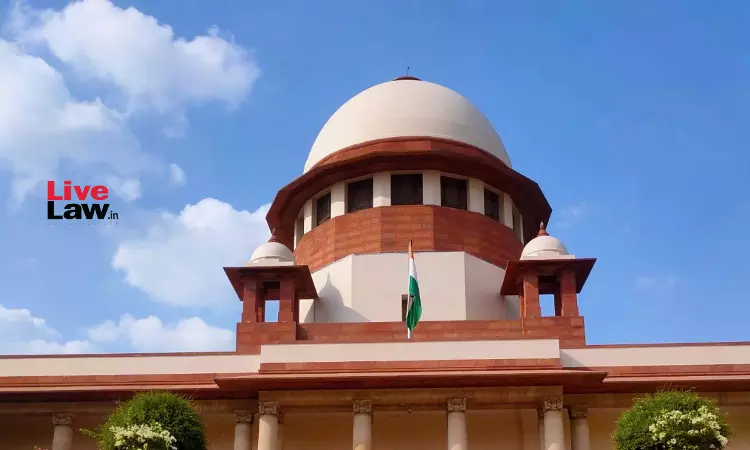Courts Can Delete Unnecessary Parties In PILs : Supreme Court
Rintu Mariam Biju
1 Jun 2023 9:44 AM IST

Next Story
1 Jun 2023 9:44 AM IST
The Supreme Court on Wednesday dismissed a plea which challenged an interim order of the Uttarakhand High Court which deleted certain respondents from the array of parties while issuing notice in a case. The plea before the High Court pertains to an inquiry being conducted on the orders Speaker of the Legislative Assembly, Uttarakhand for the alleged ‘illegal’ appointment of 396 employees...
